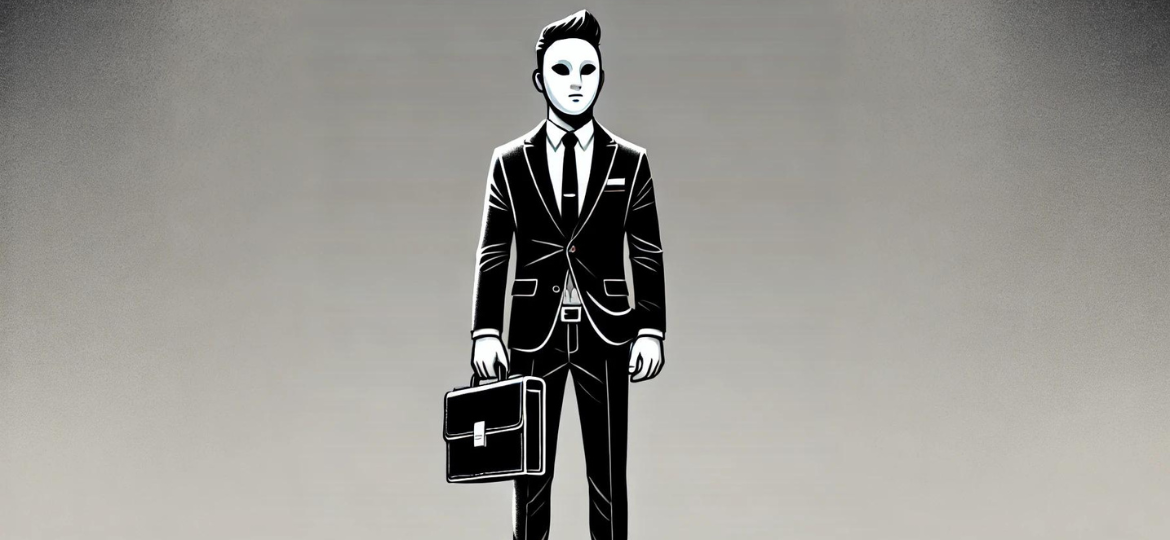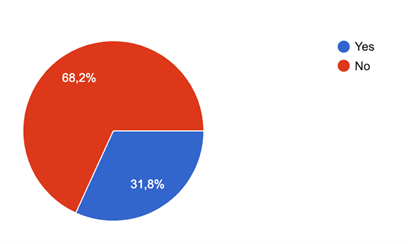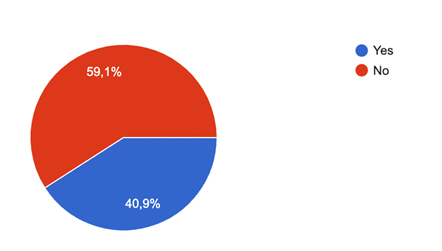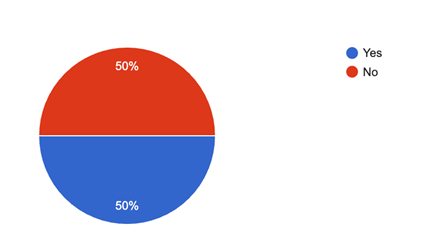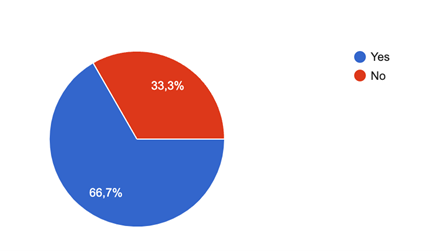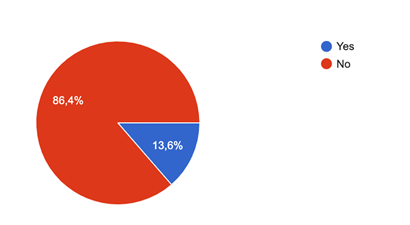Prompted by an idea from Faktisk, the leading Norwegian fact-checking organization, the EDMO fact-checking network carried out in November a survey among its members to better understand the current situation regarding public and/or non-independent entities producing – lato sensu – fact-checking content. Twentytwo (22) organizations, covering 22 different EU member States, replied and here’s a summary of the results.
First of all, almost one third of the respondents (31.8%) said that government institutions, security agencies, or other public/politically non-independent entities in their country produce content described/labeled as “fact-checking” to counter disinformation.
More than 40% of the respondents (40.9%) reported that government institutions, security agencies, political parties and so on, debunk disinformation, detect and expose disinformation narratives.
One recurrent example, described by the respondents, is a political party that publishes content labeled as “fact-checking” that completely lacks political independence (obviously) and is usually methodologically unsound.
In other cases, it’s a ministry (eg. Ministry for Environment, Ministry of Interior, Ministry of Foreign Affairs) that sets up an initiative to counter disinformation. In this case, there is a variety of possible activities: providing training to ministries’ staff about detecting disinformation, monitoring Foreign Information Manipulation and Interference (FIMI), cooperating with independent fact-checking organizations, coordinating volunteers to fight disinformation, fact-checking autonomously information/disinformation circulating around specific topics.
Other public entities, such as an electoral committee or a press office are listed as well, as potential bodies that produce “fact-checking” content, but more seldom.
Half of the respondents (50%) think there’s a risk that these activities conducted by non-independent entities might influence or compromise the integrity and impartiality of fact-checking organizations in the respective countries.
Two thirds of respondents (66.7%) are worried that these activities do damage to the reputation of fact-checking organizations.
The reasons provided by respondents for these concerns are miscellaneous: the actions of political parties can be in bad faith, trying to taint the fact-checking carried out by independent organizations, and even when it is in good faith can produce negative effects. Fact-checking, by definition, should be carried out by independent entities.
Lack of editorial freedom, is the longstanding shared position in the fact-checking community, disqualifies any attempt to reliably counter disinformation. Thus, when ministries (or other public bodies) are active in the fight against disinformation, it’s important that they do not produce fact-checking content themselves, but they limit their activities to support, coordinate, disseminate etc. the work of verifiably independent organizations that adopt the highest standards, without compressing their editorial freedom. If they respect these boundaries, usually there are not particularly relevant concerns among the fact-checking organizations of the respective countries. If they don’t, there’s a general fear that they could produce low-quality results, eroding the public trust in fact-checking and damaging the perception of the independence of fact-checking organizations.
In some cases, fact-checking organizations themselves have entered into agreements with government institutions but, as for now, the phenomenon is relatively contained: only 13.6% of the respondents answered positively to the question if they, or other fact-checking organizations active in their country, have agreements with governments to produce fact-checking content, which means 3 organizations (covering 3 different countries) out of 22. In two cases, it was just an open line of communication to prevent disinformation about the electoral process or in the context of international cooperation. In only one case the agreement involved the production of fact-checking articles, and editorial independence was granted.
Nonetheless, the situation seems to be evolving after the pandemic of Covid-19 and the Russian invasion of Ukraine. It will be important – in order to preserve professionality, reliability and effectiveness of fact-checking – to keep it monitored, providing information to institutions and other stakeholders about who to best orient their genuine efforts in countering disinformation, and publicly denouncing any malicious attempt to discredit fact-checking. EDMO will do its part but additional monitoring and research from the fact-checking community, and from the larger community that counter disinformation, will be fundamental.
Tommaso Canetta, Coordinator of the EDMO fact-checking activities
Morten Langfeldt Dahlback, Head of innovation and technology at Faktisk.no
Enzo Panizio, Journalist at Pagella Politica/Facta News and EDMO
Photo: AI-generated image DALL.E (Tommaso Canetta)
